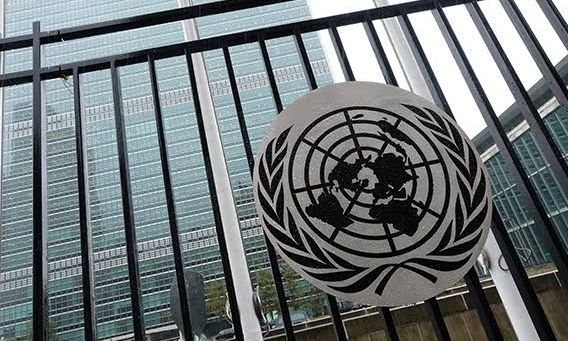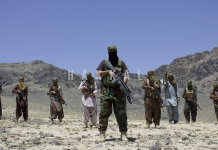New Delhi (NVI): For the eighth time, India has been elected as the non-permanent member of the powerful UN Security Council for a two-year term, beginning January 1 next year.
India, which was the only candidate from the Asia-Pacific Group, was elected unopposed to the 15-member body and got overwhelming support with 184 voting in favour in the 193-member General Assembly.
Afghanistan, which had earlier decided to contest from the Asia-Pacific Group, withdrew its candidature months back, for which India expressed its thanks to it.
This is the eighth time that India has made it to the UNSC, which includes five permanent members and 10 non-permanent members.
The significant development comes at a time when the world is facing an unprecedented crisis in the form of coronavirus, making the role of the UNSC more critical. The development also comes at a time when the international polity is witnessing a massive clash between the US-led West and China over the spread of coronavirus.
Prime Minister Narendra Modi welcomed the development and said India, as non-permanent member of the UNSC, will work for promotion of global peace, security and equity.
“Deeply grateful for the overwhelming support shown by the global community for India’s membership of the @UN Security Council. India will work with all member countries to promote global peace, security, resilience and equity,” Modi tweeted.
While India has made it to the UNSC as non-permanent member for the eighth time, it is also pushing for its membership of the UNSC as a permanent member. In this regard, it has been pushing for reform of the UNSC, including expansion of its permanent category, to make the 75-year-old body a truly representative one, reflective of the current realities.
Secretary (West) in the External Affairs Ministry Vikas Swarup told a media briefing in New Delhi that India, as a non-permanent member of the UNSC, will be a “voice of all those not represented” in the world body.
“We will act with reason and modulation,” he said.
Swarup said India will play a role in giving an effective response to the pressing global challenges like terrorism and push for early adoption of the Comprehensive Convention on International Terrorism (CCIT), which is an Indian proposal pending at the UN for nearly three decades.








